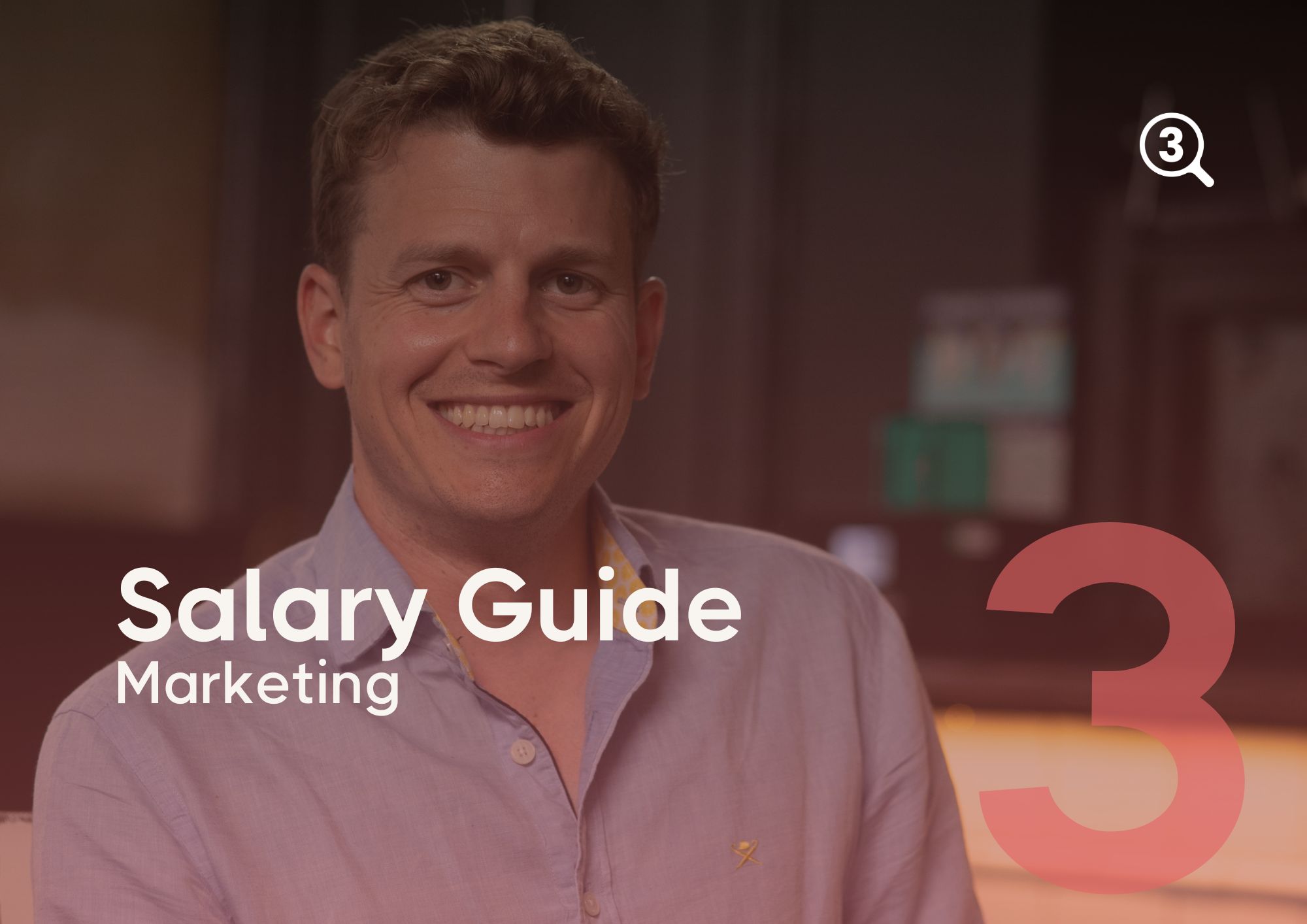
As a specialist in the Product Management recruitment space, it’s been really interesting to see how the market is continuing to change in an ever-evolving space. Over the last 12 months specifically, I have tested a number of hypotheses and gathered extensive candidate and client feedback – this blog highlights some key findings that have helped a large number of my clients to manage their interview processes more effectively. To save you time, I have highlighted the 3 most common obstacles that you are likely to face when making an offer.
1. Understanding the role & trusting the hiring manager
How many times have you come out of an interview thinking “the company is great, it’s a huge brand and I really like the culture, but I’m just not sure what the role really involves or what they are hoping to achieve”? Or one step further, you have already started in a new role and “it’s completely different to what you were expecting”.
As a product manager (and being the figurehead of cross-functional teams) it is not always enough to be told that you will be grooming another backlog and managing a different board of stakeholders; more often than not you will want to know if you will actually make any impact on the wider business and what value the hiring manager is expecting you to add. Will you actually own the product from end-to-end or simply just optimise someone else’s?
As a hiring manager, you’re probably thinking the job description outlines this enough or that the candidate should have asked more questions and in some cases, you’re not wrong; but sometimes we can be a little too unwilling to share the full details in the fear of putting someone off. Giving as much info to the interviewee at stage 1 will ensure you’re spending your time interviewing the right people and help the interviewee to make an informed decision early on.
You would be surprised how much a Product Director cares about the minutia of his or her responsibilities; take 2 minutes to contextualise this and not only will they appreciate it, but they will respect you and you will have planted the first seed toward building trust.
For employers looking to hire within the Product space, my advice would be to start being a little more transparent, take the time to sell the role and ask the interviewee if they fully understand what is expected of them before putting an offer out.
2. Time and feedback
In a world where all 100 of “THE FASTEST GROWING START-UP’s IN THE UK!!” are growing their product function, time simply isn’t on your side in a recruitment process.
Over the last year, we’ve seen that a typical product manager candidate will have between 2 and 5 live interview processes at any one time. Most will have had an offer within 2-3 weeks of starting an active search.
How can you save time?
No telephone interviews & quick feedback on CV’s (I recommend 48 hours max)
Likelihood is, you’re using a recruitment partner or HR Manager you trust; if they have sent you a shortlist then they will have already screened and briefed the candidate and validated they are worth meeting. Whilst you’re running another call, your competitors will be running face-to-face interviews, putting them in pole position. Save time, get there first and make the best first impression; set the bar high! Your competitors have an uphill battle competing with the standard you have set; this standard is now the interviewee’s minimum expectation when entering any other process, putting you in the driving seat.
No longer than 3 days between any 2 interviews & no more than 3 interview stages in total
The product market moves quickly and candidates will have a number of live processes and interview requests any one time. As the processes progress, the candidate will become more selective and start to pull out of slower moving/less interesting opportunities; there is a limit to the amount of time they can take out of their current job to attend multiple interviews. The quicker you can move things along, the less time there is for them to be introduced to new processes, at the risk pulling out of yours to make it possible.
Give candidates open, honest and prompt feedback
Candidates appreciate honesty and transparency more than anything. If you like the candidate then make it known; tell them where they have done well and what they could do to improve. This builds trust and they will respect you more than your competitors who are ‘keeping their cards close to their chest’.
If you are to make an offer to a candidate who doesn’t think the interview or process ran smoothly and efficiently, they will not feel confident in accepting. They will question why the decision took so long and whether you genuinely see the value they can add or are were you hoping for a stronger candidate to come along? Make them feel valued; if they are the person for the job, make it known.
3. Money
To understand if the candidate is driven by money you can simply ask the question. What they would need to be offered in order to accept and turn down any higher offers from their competitors?
This may seem like you’re putting the power in their hands, and realistically you are. The difference is that you now know what you need to offer rather than taking a shot in the dark at the risk of 1) not offering as much as a competitor, 2) insulting them with a low figure, 3) losing trust in your recruitment partner when they try to negotiate.
Experienced product managers are in high demand and are well aware of the market rate. If the interviewee is as good as you think they are, they will no doubt have multiple offers on the table. It’s crucial that you understand exactly what your offer needs to be in order to secure them ahead of a competitor.
A first offer is like a first impression and most of your competitors will have the same idea of ‘saving money where they can’ – look to give yourself the advantage and gain the candidates respect; make a genuine first offer in line with what the candidate feels they are genuinely worth.
Conclusion
If you are to give yourself the greatest chance of hiring the perfect Product Manager then get to understand them and their key motivators. Build trust early on and contextualise the company’s vision and how they can help you get there. Transparency throughout is key.
***
3Search is an award-winning UK recruitment consultancy, specialising in marketing, strategy & transformation, and tech positions. Whether you’re seeking new talent or looking for your next career move, we can help. Learn more at 3search.co.uk.



